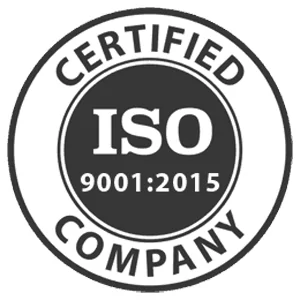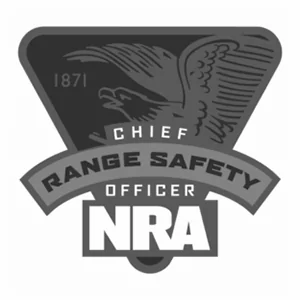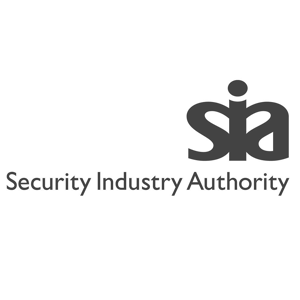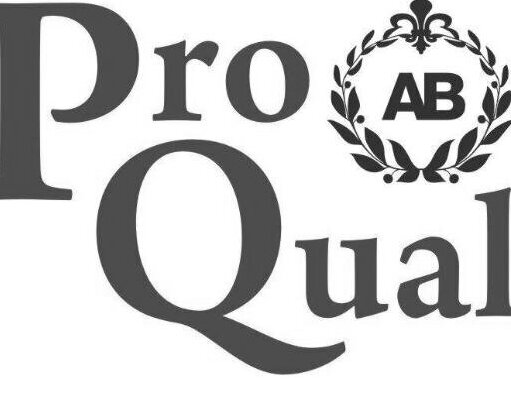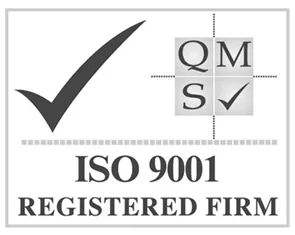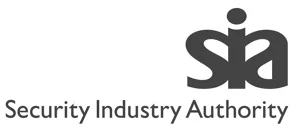4-Day Level 2 Award for Security Officers in the Private Security Industry
Level 2 Award for Security Officers
WHO IS THIS COURSE FOR?
Essential Qualification For Those Working Or Seeking Work As Door Security In The Private Security Industry. The Qualification Is A Pre Requisite Under The Terms Of The Private Security Industry Act (2001) For Individuals Working As Door Security In The Private Security Industry To Obtain A Licence From The Security Industry Authority.



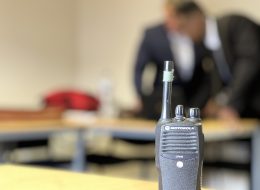
COURSE INFORMATION
The main objective of this qualification is to provide learners with the knowledge, skills and
understanding to work as a security officer. Successful completion of this qualification
enables learners to apply for an SIA licence to work as a security officer within the private
security industry.
This qualification has been developed to meet the training and licensing requirements of the
SIA who regulate the sector under the terms of the Private Security Industry Act 2001.
Pre-entry requirements
English language requirements
It is essential that security operatives can communicate effectively. They are likely in the course of their work to have to make calls to the emergency services, or to need to resolve conflict.
It is the centre’s responsibility to ensure that each learner is sufficiently competent in the use of the English and/or Welsh language. All assessment must take place in English and/or Welsh.
Learners should, as a minimum, have language skills in reading, writing, speaking, and listening equivalent to the following:
- a B2 Level qualification on the Home Office’s list of recognised English tests and qualifications
- a B2 Common European Framework of Reference for Languages (CEFR)
- an ESOL qualification at (Level 1) on the Ofqual register taken in England, Wales or Northern Ireland
- an ESOL qualification at Scottish Credit and Qualifications Framework Level 5 awarded by SQA Accreditation and taken in Scotland.
- Functional Skills Level 1 in English
- Core Skills in Communication at Scottish Credit and Qualifications Framework Level 5
- Essential Skills Wales Communication Level 1
First Aid
From 1st April 2021 learners taking their door supervision training for the first time will need to show that they hold a current and valid First Aid or Emergency First Aid certificate*. This must meet the requirements of the Health and Safety (First Aid) Regulations 1981. Training centres must confirm that each learner is sufficiently qualified in First Aid or Emergency First Aid.
Learners should, as a minimum, have achieved an Emergency First Aid at Work qualification covering the following outcomes:
- understand the role of the first aider, including: ➢ the importance of preventing cross-infection ➢ the need for recording incidents and actions ➢ use of available equipment.
- assess the situation and circumstances in order to act safely, promptly, and effectively in an emergency.
- administer first aid to a casualty who is unconscious (including seizure)
- administer cardiopulmonary resuscitation and use of an automated external.
defibrillator
- administer first aid to a casualty who is choking.
- administer first aid to a casualty who is wounded and bleeding.
- administer first aid to a casualty who is suffering from shock.
- provide appropriate first aid for minor injuries (including small cuts, grazes and bruises, minor burns and scalds, small splinters)
Learners should present their First Aid or Emergency First Aid certificate* to their training centre before they start training. This certificate* must be valid for at least 12 months from the course start date.
*Training centres are permitted to deliver suitable First Aid qualifications together with security qualifications as part of a training package. Learners must complete and pass all First Aid training before starting the security training.
Qualification structure
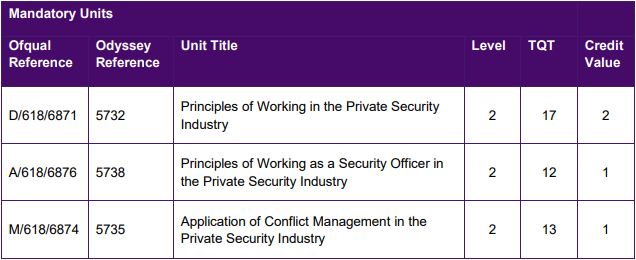
Opportunities for progression
Achievement of this qualification confirms the learner has gained the knowledge, skills and understanding required to work as a door supervisor. However, to be able to work as a door supervisor, learners must also successfully obtain an SIA licence.
Learners can progress to the following qualifications:
- Level 2 Award for Door Supervisors in the Private Security Industry
- Level 2 Award for CCTV Operators (Public Space Surveillance) in the Private Security Industry
- Level 3 Certificate for Working as a Close Protection Operative within the Private Security Industry
Assessment
Externally-set and marked MCQ exam.
Externally-set, internally-assessed practical assessments.
Course Length
4 Days
Course Cost
£200 + vat
Location
London, Kent & Sussex (United kingdom)
Course Dates
Any time of the month
Qualification
COURSE CONTENTS
Unit 1. Principles of Working in the Private Security Industry
- Know the main characteristics and purposes of the Private Security Industry
- Understand legislation as it applies to a security operative
- Understand arrest procedures relevant to security operatives
- Understand the importance of safe working practices
- Understand fire procedures in the workplace
- Understand emergencies and the importance of emergency procedures
- Understand how to communicate effectively as a security operative
- Understand record keeping relevant to the role of the security operative
- Understand terror threats and the role of the security operative in the event of a threat
- Understand how to keep vulnerable people safe
- Understand good practice for post incident management
Unit 2. Principles of Working as a Security Officer in the Private Security Industry
- Understand the roles and responsibilities of security officers
- Understand the control of access and egress
- Know the different types of electronic and physical protection systems in the security environment
- Know how to minimise risk to personal safety at work
- Understand drug-misuse legislation, issues and procedures relevant to the role of a security officer
- Know how to conduct effective search procedures
- Understand how to patrol designated areas safely
Unit.3 Application of Conflict Management in the Private Security Industry
- Understand the principles of conflict management appropriate to the role
- Understand how to recognise, assess and reduce risk in conflict situations
- Understand the use of problemsolving techniques when resolving conflict
- Be able to communicate to deescalate conflict


